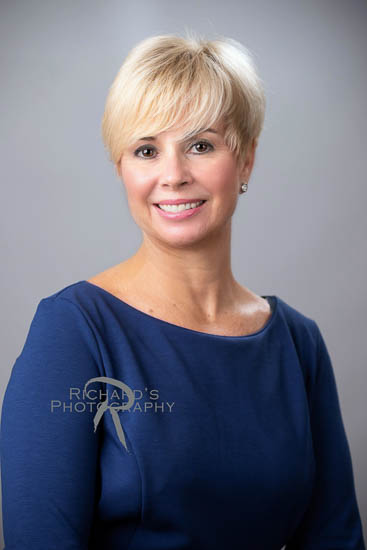
Photography 101: What Every Beginner Should Know
It captures light and emotion.
Getting Familiar With Your Camera
You can’t create with a tool you don’t understand.
Whether you shoot with a compact point-and-shoot, the core principles remain the same.
Spend time testing autofocus and manual focus. Confidence with controls frees you to be creative.
The Importance of Light
Without light, there is no photograph.
Morning light creates soft tones.
Studio strobes help indoors.
Softness or hardness all affect mood.
The Art of Arrangement
Strong framing gives structure.
The rule of thirds make shots engaging.
Try unusual angles. Fresh viewpoints separate your work from snapshots.
Building Skill Over Time
Every mistake is part of learning.
Carry your camera daily. Repetition builds instinct.
Blurry shots are lessons not failures.
Editing and Post-Processing
Straight-out-of-camera images are fine, but editing refines them.
Tools like Lightroom, Photoshop, GIMP, or mobile apps fix color.
Editing should highlight the subject.
Getting Feedback
Photography is meant to be shared.
Social media platforms give exposure.
Printing images marks milestones.
Building Identity
Style is your visual fingerprint.
Switch between color and black-and-white. Each adds to your toolkit.
Your style may evolve, and that reflects growth.
Pitfalls and How to Overcome Them
Ignoring light direction are common issues.
Buying too much gear instead of learning skills is avoidable.
Mindfulness turns errors into improvement.
Bonus Guidance
- Carry an extra memory card.
- Shoot in RAW format if possible.
- Dust shows in photos.
- Auto is easy but manual builds skill.
- Look at other photographers’ work.
Helpful Answers
Q: Do I need an expensive camera?
A: Any camera can take great photos with the right technique.
Q: How long until I improve?
A: Improvement depends on practice.
Q: Is editing cheating?
A: All professionals edit to some degree.
Q: Should I always follow rules?
A: Rules guide beginners but creativity matters most.
Photography Journey Ahead
Every photo is a step forward.
Stay curious. With dedication and persistence, your photos will improve.
Whether for fun or career, momentum creates growth.
The Role of Photographers in Society
A photographer is more than a person with a camera.
Artists with cameras seek to improve their craft.
Photographers cover diverse genres, such as photojournalism. Each requires different techniques.
Great photographers practice constantly.
Tools of the Trade
Gear is not everything, but it matters.
Cameras
Mirrorless systems serve different purposes.
Point-and-shoots are simple and accessible.
Lenses
Lenses control perspective and depth.
- Telephoto lenses bring distant subjects closer.
Choosing the right lens shapes the outcome of a photograph.
Tripods and Stability click here
They help landscape and night photographers.
Lighting Equipment
Speedlights add portable control.
Small Gear With Big Impact
- Cleaning kits make sure you’re always ready.
- Backpacks help photographers stay mobile and organized.
- Remote shutters let you try new perspectives.
Skill vs Equipment Debate
In reality, skill makes the bigger difference.
Learning exposure, composition, and light is more important than chasing new models.
Growth and Mindset
Growth comes from practice, mistakes, and curiosity.
Joining photo communities keep learning fresh.
Technology and Photographers
Technology is changing tools, but vision stays the same.
Artificial intelligence expand click here what photographers can do.
Still, the essence remains: capturing light, telling stories, and expressing ideas.
Wrapping Up This Section
Knowledge, practice, and patience make the real difference.
The best advice remains simple: learn, practice, and keep shooting.